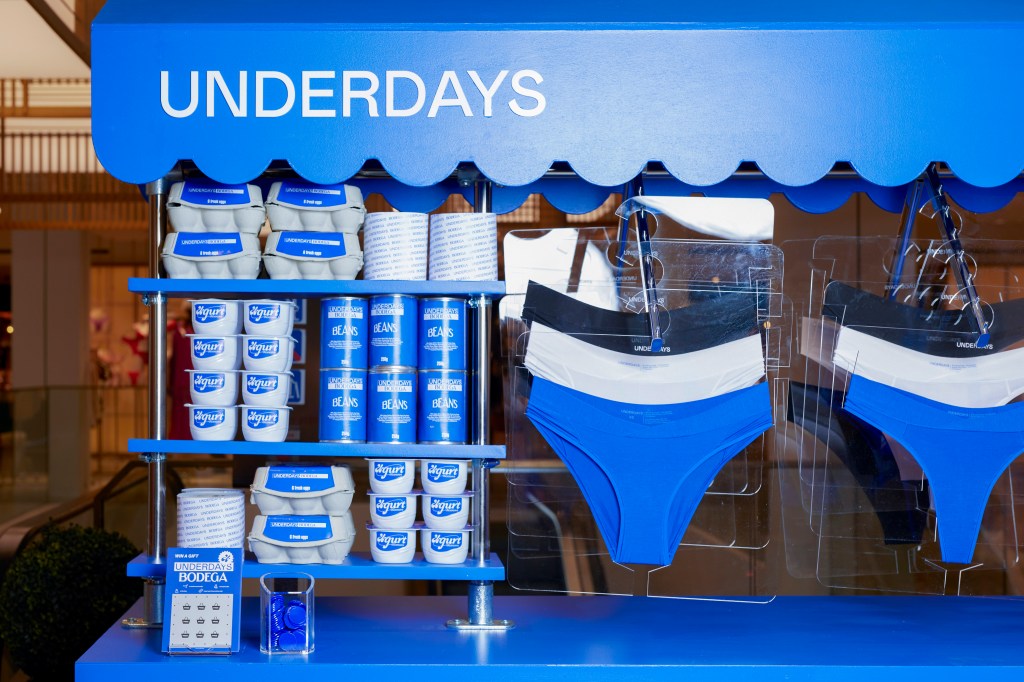Whether you’re buying a car or renting an apartment, you need one thing to make it happen: a credit score. Unfortunately, establishing credit isn’t always the easiest thing to do, as most ways to get credit are to have it. As a beginner, it can feel a little intimidating to figure out. Luckily, you can find the best beginner credit card to get you started on establishing credit and taking control of your financial future.
“When selecting a credit card to build credit, beginners should consider features like credit education resources, the ability to monitor credit scores directly through the card, and any fees,” Ebony Cochran, founder of Blackwood Credit Services, shared with PS. “These factors will make it easier to manage and understand credit.”
To help you get started on your credit-building journey, we’ve rounded up some of the best credit cards to build credit for complete beginners.
Experts Featured in This Article
Ebony Cochran, also known as The Debt Survivor, is the founder of Blackwood Credit Services, a credit counseling service.
Monique White is a financial educator and the head of community at Self Financial.
6 Credit Cards to Build Credit
Chase Freedom Rise Credit Card
Chase Freedom Rise is one of the best credit cards for beginners looking to build credit while earning rewards. “This card offers a $25 statement credit when you enroll in automatic payments within the first three months – encouraging good payment habits,” Cochran tells PS. Making payments on or before the due date avoids late fees and improves your credit score, so automatic payments are always a smart choice.
The card’s features also include unlimited 1.5 percent cash back on all purchases and $0 annual fees. While it does come with a high APR and a foreign transaction fee, the features outweigh the benefits, making this a solid start to establishing a financial foundation.
This card is a great stepping stone to building a credit history with Chase products. “After responsible use,” Cochran explains, “you may be eligible to upgrade to the Chase Freedom Unlimited Card.” You can even increase your chances of approval by making a minimum deposit of $250 into a current Chase checking account, though this doesn’t guarantee approval.
Discover it Student Cash Back Credit Card
As the best first credit card for young adults enrolled in school, the Discover it Student Cash Back Credit Card is a great choice if you’re new to credit management and want to build a financial foundation. Cochran shared that this card “offers multiple cashback opportunities and has no annual fee,” making it a low-risk choice that allows beginners to gain credit experience without incurring extra charges.
Cardholders can earn up to 5 percent cashback in rotating categories with a quarterly limit of up to $1,500. During the first year, Discover doubles cashback rewards so you can maximize your earnings while building credit responsibly. What makes the best beginner credit card is you don’t have to have a credit score to apply, making it a solid jumping-off point in your financial journey.
Capital One QuicksilverOne Cash Rewards Credit Card
Another one of the best first-time credit cards for young adults, the Capital One QuicksilverOne Cash Rewards Credit Card combines credit-building opportunities with straightforward cashback rewards. To top it all, there’s no annual fee. Similar to other cards on this list, you can earn cashback. The card features unlimited 1.5 percent cash back on purchases without rotating categories.
All Capital One cards feature an easy-to-use app to keep track of spending, make payments, and assist with any issues. For example, if your card is lost or stolen, you can easily lock the card to prevent fraud. Other perks include no foreign transaction fees and $0 fraud liability.
Secured Chime Credit Builder Visa Credit Card
Specifically made with beginners in mind, the Secured Chime Credit Builder Visa Credit Card offers a credit-building experience with the hurdles or fees that come with other cards. The card doesn’t require a credit check to apply, making it a great option if you don’t have a credit history yet.
The card functions similarly to a debit card and is a great gateway to learning and establishing credit because it is reported to all three credit bureaus. To increase your spending limit, you transfer money into the secured account. One stipulation is you must have a Chime checking account with a direct deposit to qualify. And, unlike other cards, you don’t earn rewards. This option is perfect for beginners who may be hesitant about using credit cards because it features minimal risk.
Discover it Secured Credit Card
A card that’s ideal for those with no credit history, Cochran shares that the Discover it Secured Credit Card provides “a straightforward way to start building credit responsibly.” You can even earn cashback rewards, which is an uncommon perk with secured cards. Similar to Discover’s Student card, you can take advantage of double cashback during your first year.
The card requires a security deposit, as is typical with secured cards, but it’s refundable. This card does feature a high APR, but there’s room in the future to move up. On your journey, you can upgrade your card, giving you a clear goal as you build your credit. The card offers free access to your FICO score each month, to further help you track your progress on your credit-building journey.
Self Visa Credit Card
Selft features a unique take on a secured credit card, similar to the Discover option. Most secured credit cards require a credit check and a security deposit. As a beginner, this criteria can be challenging, so the Self Visa Credit Card lets you skip the credit check and open a Credit Builder Account (CBA), which is a secured installment loan.
Monique White, head of community at Self Financial, explained to PS that the CBA “allows customers to build their credit and savings at the same time.” How it works is “once you have made at least three monthly payments on time, and built $100 in savings in the CBA, you can qualify for the secured card and start to build your credit. The benefit is that you are able to establish positive payment habits and build your deposit for the card at once.” Going this route can help you establish good spending habits all while building credit.
Kate Fann is an established SEO content writer with 10 years of freelance writing experience. She focuses on creating engaging SEO content for lifestyle brands, covering home, technology, and entertainment



